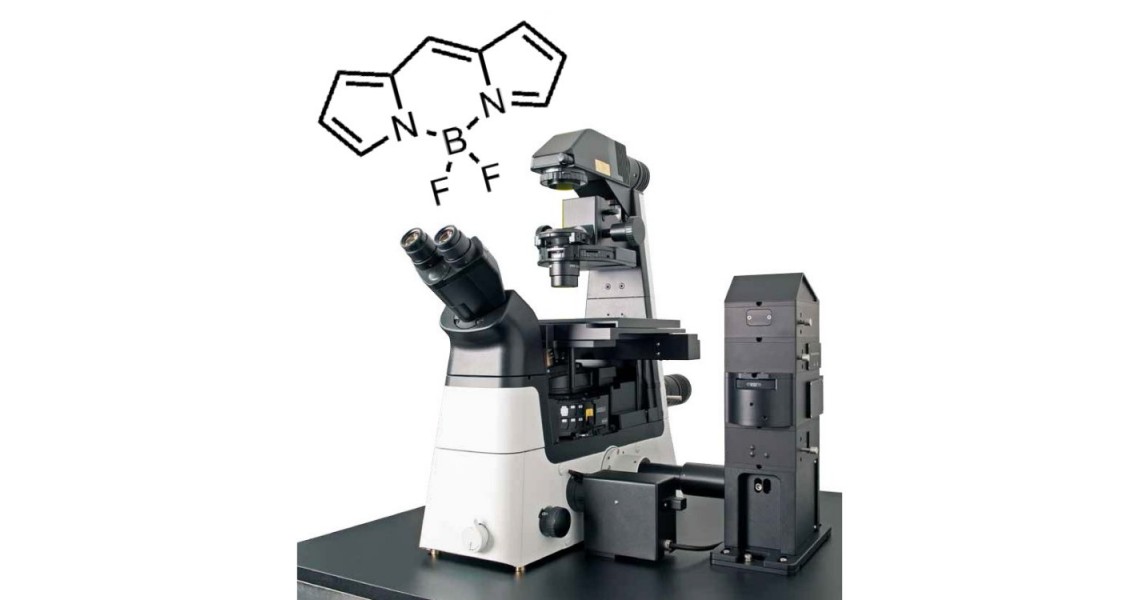In-vitro temperature measurement using FLIM

Researchers at Rice University have used the light-emitting properties of a biocompatible molecular rotor, known as boron dipyrromethene (BODIPY), to reveal temperatures inside single cells by creating a fluorescent nano-thermometer.
BODIPY is suited to the task as its short-lived fluorescence depends heavily on changes in both temperature and the viscosity of its environment. At high viscosity, the environment in typical cells, its fluorescence lifetime depends on temperature alone.
This means that at a specific temperature, the light turns off at a particular rate, and that can be seen with a fluorescence-lifetime imaging microscope (FLIM) such as the WITec alpha300 Ri Inverted Raman Microscope outfitted for such studies.
For more information: DOI: 10.1021/acs.jpcb.9b04384
